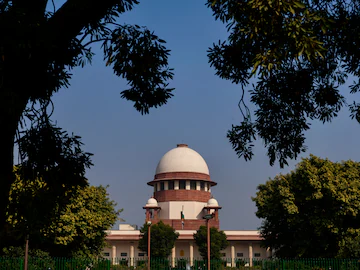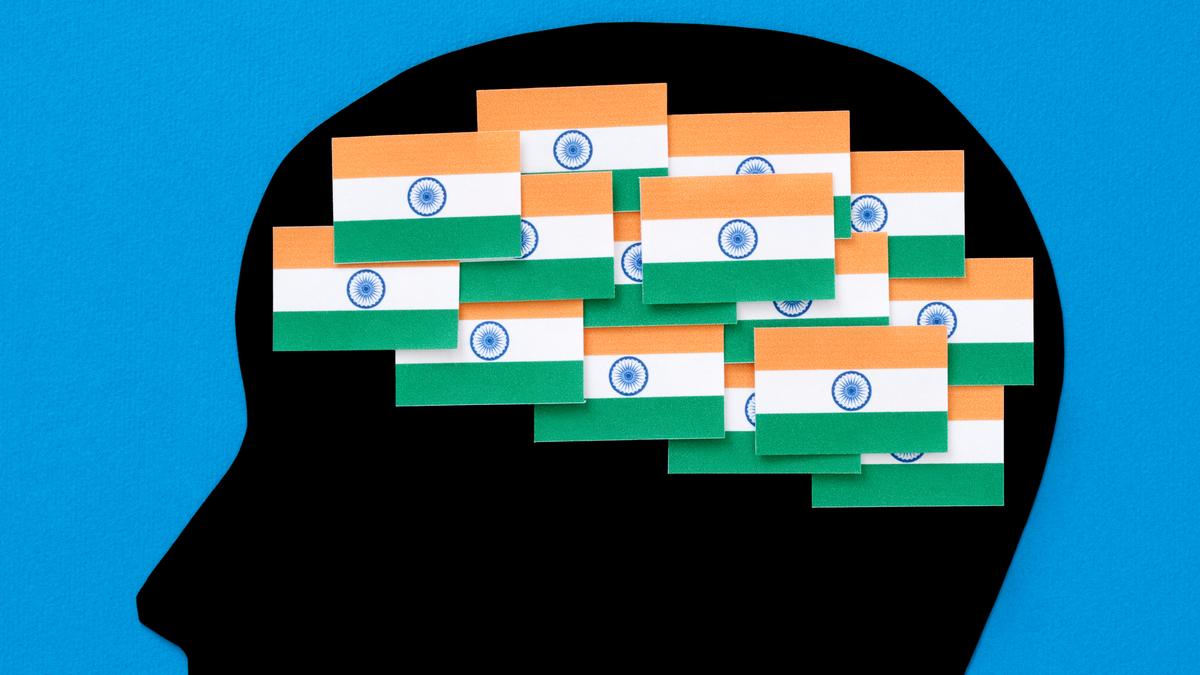- Courses
- GS Full Course 1 Year
- GS Full Course 2 Year
- GS Full Course 3 Year
- GS Full Course Till Selection
- Answer Alpha: Mains 2025 Mentorship
- MEP (Mains Enrichment Programme) Data, Facts
- Essay Target – 150+ Marks
- Online Program
- GS Recorded Course
- Polity
- Geography
- Economy
- Ancient, Medieval and Art & Culture AMAC
- Modern India, Post Independence & World History
- Environment
- Governance
- Science & Technology
- International Relations and Internal Security
- Disaster Management
- Ethics
- NCERT Current Affairs
- Indian Society and Social Issue
- NCERT- Science and Technology
- NCERT - Geography
- NCERT - Ancient History
- NCERT- World History
- NCERT Modern History
- CSAT
- 5 LAYERED ARJUNA Mentorship
- Public Administration Optional
- ABOUT US
- OUR TOPPERS
- TEST SERIES
- FREE STUDY MATERIAL
- VIDEOS
- CONTACT US
1991 Places of Worship Act: What Supreme Court Stopped, Why
1991 Places of Worship Act: What Supreme Court Stopped, Why
14-12-2024

- On December 12, 2024, the Supreme Court of India issued an important order about the Places of Worship Act, 1991, which affects how civil courts handle disputes over religious sites.
- The Court has stopped civil courts across India from registering new cases that challenge the ownership of religious places or ordering surveys of disputed places of worship until further notice.
Key Points of the Supreme Court's Order:
- Ban on New Cases: The Court ruled that no new cases related to the ownership or religious character of places of worship can be filed or accepted by civil courts.
- Survey Restrictions: Civil courts cannot order surveys of religious places or ask the Archaeological Survey of India (ASI) for reports in ongoing or future cases.
- Pending Cases: The Court also directed that no temporary orders or final decisions, including those related to surveys, can be made in cases that are already in progress.
Why the Order Was Made:
- The Supreme Court issued this order because it is hearing cases about the constitutionality (whether it is in line with the Constitution) of the Places of Worship Act, 1991.
- Since this matter is still under review, the Court decided to stop any further legal actions that could affect the case's outcome.
The Case Before the Court:
- The Supreme Court is hearing petitions that challenge the constitutionality of the Places of Worship Act, 1991.
- This law was created after the Ayodhya movement, which was about the dispute over the Ram Janmabhoomi-Babri Masjid.
- The law says that the religious character of any place of worship must stay the same as it was on August 15, 1947 (the day India became independent).
- The Ram Janmabhoomi-Babri Masjid case was not included in the law because it was already being decided in court.
What Does the Supreme Court Order Affect?
- No New Cases: The Court’s order stops any new lawsuits about the ownership or religious character of places of worship.
- Surveys and Reports: Courts cannot order surveys or ask the Archaeological Survey of India (ASI) to investigate whether a Hindu temple existed under a mosque or other religious places.
- This affects both current and future disputes over religious sites.
Why Is the 1991 Places of Worship Act Being Challenged?
The 1991 Act is being challenged on two main points:
- Judicial Review: Some people argue that the law limits the courts' power by stopping cases that were already there when the law was passed in 1991 and not allowing any new cases.
- Arbitrary Date: The law uses August 15, 1947, as a cut-off date to decide the religious character of a place.
- Critics say this is unfair because it only looks at the situation as it was in 1947, without considering changes that happened after.
Background of the 1991 Places of Worship Act:
- 1991: The Places of Worship (Special Provisions) Act was passed after the Ayodhya movement and the destruction of the Babri Masjid in 1992.
- The law says the religious character of a place should stay the same as it was on August 15, 1947.
- The only exception is the Ram Janmabhoomi-Babri Masjid dispute, which was already being looked at by the courts when the law was made.
Timeline of the Case:
- 1991: The law is passed following the Babri Masjid controversy.
- October 2020: The first petition challenging the law is filed, arguing that it is unfair because of the cut-off date and that it takes away judicial review.
- August 2021: Five women file a lawsuit in Varanasi, asking to pray at the Gyanvapi mosque. This case raises issues related to the Places of Worship Act.
- May 2022: The Supreme Court, while hearing the Gyanvapi case, said that a survey of the mosque might not break the Places of Worship Act, meaning courts could still look into it.
- 2022-2024: At least six lawsuits were filed, arguing that there were Hindu temples under mosques or dargahs. In some of these cases, surveys were ordered.
- December 2024: The Supreme Court stopped the registration of new cases and ordered that no surveys can be carried out until further notice.
Why Is This Important?
- The Supreme Court’s decision to stop new cases and surveys puts a temporary hold on disputes over places of worship.
- These cases often involve claims that mosques were built on Hindu temples by medieval rulers.
- The Court’s decision to review the Places of Worship Act could affect how religious disputes are handled in India.
What’s Next?
- The constitutionality of the Places of Worship Act, 1991, is still being reviewed by the Supreme Court. The Court will decide if the law goes against India’s constitution or if it is fair.
- It is not clear whether the Indian government will defend the law or argue against it in court.




